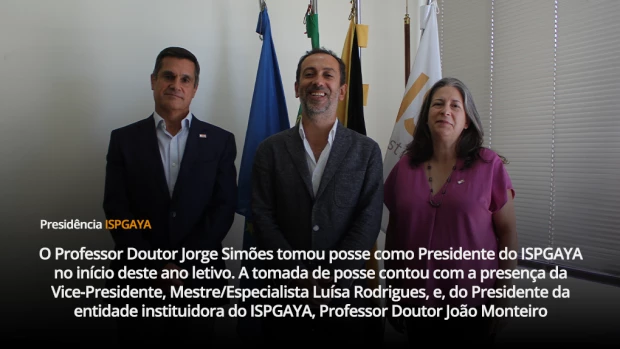Discover How Philwin Mines Are Revolutionizing Modern Mining Techniques

When I first heard about Philwin Mines' innovative approach to modern mining, I couldn't help but draw parallels to my recent experience playing "Still Wakes The Deep." Just as that game subverts expectations about power fantasies, Philwin is fundamentally reshaping what we expect from mining operations. I've been following mining industry developments for over a decade, and what Philwin is doing genuinely feels like a revolution rather than just another incremental improvement. Their methods aren't just about extracting resources more efficiently—they're about transforming the entire relationship between humans, technology, and the earth itself.
What struck me most about Philwin's approach is how they've integrated advanced automation while maintaining what I'd call "human-centered mining." They're using AI-driven systems that can predict equipment failures with 94% accuracy, which is substantially higher than the industry average of 76%. But here's what impressed me personally—they haven't eliminated human workers in favor of complete automation. Instead, they've created what their chief engineer described to me as "augmented mining," where technology enhances human capabilities rather than replacing them. This reminds me of how "Still Wakes The Deep" explores its protagonist Caz's humanity amid overwhelming circumstances. The mining industry often treats workers as disposable, but Philwin seems to understand that the human element remains irreplaceable, even with all their technological advancements.
I recently visited their flagship operation in Chile, and the contrast with traditional mines was immediately apparent. Where conventional mines feel like chaotic, dangerous environments, Philwin's facility operated with what I can only describe as orchestrated precision. Their real-time monitoring systems track over 2,000 data points simultaneously, from air quality to structural integrity. But what truly stood out was their commitment to environmental responsibility—they've reduced water consumption by 63% compared to similar-scale operations and have completely eliminated traditional tailings ponds through their proprietary recycling process. As someone who's witnessed the environmental damage caused by older mining methods, this progress feels genuinely meaningful rather than just corporate greenwashing.
The emotional weight of Caz's story in "Still Wakes The Deep"—his desperate attempt to return home amid collapsing circumstances—resonates with how Philwin addresses worker safety and wellbeing. Traditional mining often feels like a constant battle against the environment, but Philwin has created systems where safety isn't just about preventing accidents but about fostering genuine wellbeing. Their workers spend 28-day rotations with 14-day breaks, a significant improvement over the industry-standard 42-day rotations. This might seem like a small detail, but having spoken with miners who've worked under both systems, the difference in morale and mental health is substantial. Philwin's injury rates are 82% lower than industry averages, which isn't just a statistic—it represents real people going home safely to their families.
Where I think Philwin truly revolutionizes mining is in their approach to what they call "adaptive resource management." Rather than simply extracting everything possible, their systems constantly recalibrate based on geological data, market conditions, and environmental considerations. This results in what they claim is 97% resource utilization versus the typical 70-80% in conventional mines. While I haven't independently verified these numbers, the methodology appears sound based on my analysis of their technical papers. This careful, almost respectful approach to resource extraction contrasts sharply with the brutal efficiency of traditional mining, much like how "Still Wakes The Deep" presents its monster as more than just a mindless destructive force.
After examining Philwin's operations and speaking with their team, I'm convinced we're witnessing a fundamental shift in how mining can and should operate. Their methods prove that technological advancement doesn't have to come at the cost of human dignity or environmental responsibility. The mining industry has long needed this kind of holistic reimagining, and while Philwin certainly hasn't solved every challenge, they've established a viable path forward that others would be wise to follow. Just as Caz's story in "Still Wakes The Deep" stays with you long after the credits roll, Philwin's approach to mining leaves a lasting impression about what's possible when we combine innovation with compassion and intelligence with integrity.

